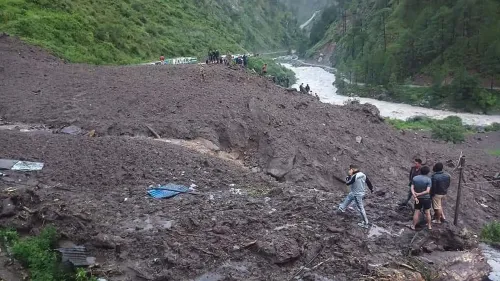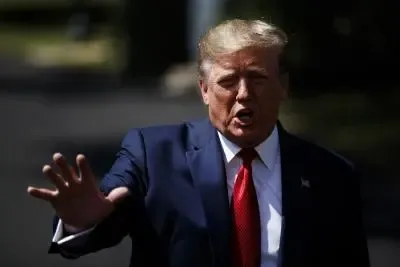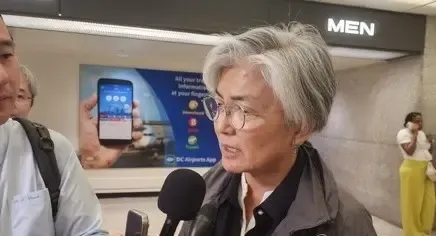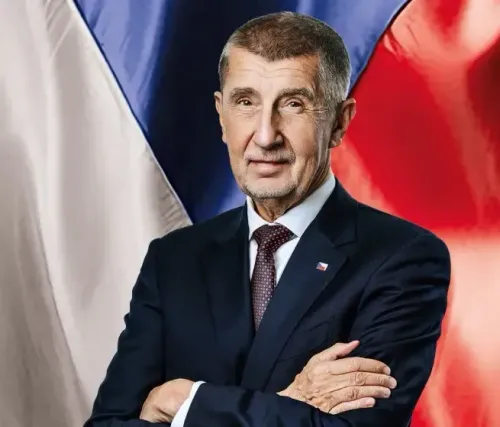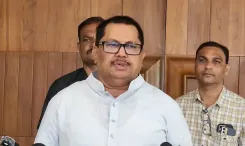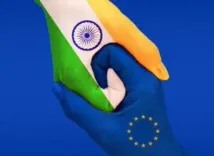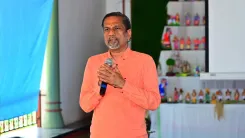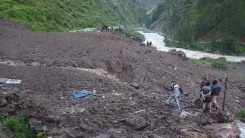Are Extrajudicial Killings in Balochistan the Darkest Chapter in Pakistan's Human Rights History?
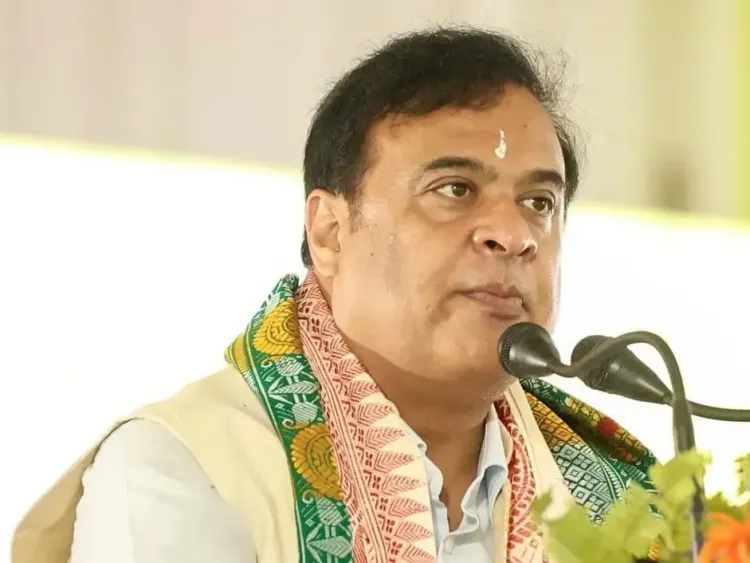
Synopsis
Key Takeaways
- Extrajudicial killings in Balochistan are a significant human rights concern.
- The 'kill and dump' policy represents state-sponsored terror.
- Over 20,000 Baloch individuals are reported missing.
- International awareness is crucial for addressing the crisis.
- Support from global leaders can amplify the voices of the oppressed.
Guwahati, May 2 (NationPress) Assam Chief Minister Himanta Biswa Sarma on Friday remarked that the extrajudicial killings taking place in Balochistan throughout the years represent one of the most harrowing aspects of Pakistan's human rights record.
In a statement on X, CM Sarma highlighted, "The ongoing pattern of extrajudicial killings in Balochistan, often referred to as the 'kill and dump policy,' stands as a significant stain on the human rights landscape of Pakistan. For many years, the Baloch people have suffered under a brutal campaign of enforced disappearances, where students, activists, educators, and thinkers are taken by state agencies, tortured, and later discovered lifeless in remote locations or abandoned along deserted pathways."
The Chief Minister emphasized that Prime Minister Modi has voiced support for the Baloch people and reiterated India's commitment to standing by them.
He argued that PM Modi's advocacy has shed light on the Balochistan crisis, which has long been suppressed by Pakistan.
"This cruel practice has become synonymous with state-sponsored terror in Balochistan, where families, instead of being filled with hope, are left to receive the battered and disfigured remains of their loved ones. Within this grim context, Hon'ble Prime Minister Shri Narendra Modi, in his 2016 Independence Day address, broke the silence that the global community had maintained for far too long. By referencing the 'rivers of red' flowing through Balochistan, he gave a voice to those denied justice and dignity, asserting that India stands resolutely with the oppressed and the silenced. His words carried not just moral clarity but also international significance, drawing necessary attention to a crisis that Pakistan has tried to conceal," CM Sarma noted in his post on X.
"Organizations like the Voice for Baloch Missing Persons (VBMP) estimate that more than 20,000 Baloch individuals have gone missing, with numerous bodies discovered under suspicious and violent circumstances. Many exhibit signs of significant torture, indicating a systematic strategy to silence dissent through fear and brutality. This is no longer merely a regional or political problem; it has escalated into a humanitarian crisis. #BalochGenocide," CM Sarma further stated.

